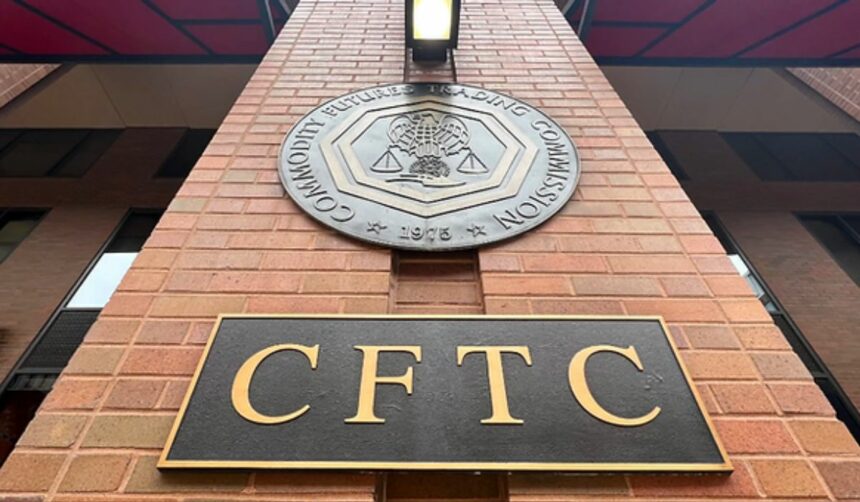Caroline Pham, a commissioner at the Commodity Futures Trading Commission (CFTC), has publicly voiced her reservations regarding the legal action taken by her agency against the cryptocurrency exchange KuCoin.
Collaborating with the U.S. Department of Justice, the CFTC filed charges against KuCoin on March 26 for allegedly operating a digital assets derivatives exchange in violation of established regulations.
The CFTC’s decision to press charges has ignited a debate, particularly regarding the delineation of jurisdictional boundaries between the CFTC and its counterpart, the Securities and Exchange Commission (SEC).
Pham expressed her apprehensions, stating that “owning shares is not the same thing as trading derivatives.”
She raised concerns that the CFTC’s complaint might blur the lines between investment securities and trading activities, potentially encroaching upon the SEC’s regulatory domain and undermining investor protection laws.
In her critique, Pham argued that the complaint suggests that fund shares, considered securities held by investors, could constitute leveraged trading.
This interpretation, according to Pham, conflates the nature of a financial instrument with financial activity, thereby disrupting the foundational principles of securities markets.
The SEC and CFTC have previously clashed over the classification of specific cryptocurrencies, including Ether (ETH).
While SEC Chair Gary Gensler contends that many cryptocurrencies should be classified as securities, the CFTC views Ether as a commodity, as evidenced by its recent charges.
The divergence in viewpoints highlights the complex regulatory landscape, as noted by CFTC Chair Rostin Behnam during a congressional hearing earlier this month.
Behnam emphasized the far-reaching implications if the SEC were to classify Ether as a security, potentially placing CFTC registrants listing Ether futures in a position of non-compliance with SEC regulations.










